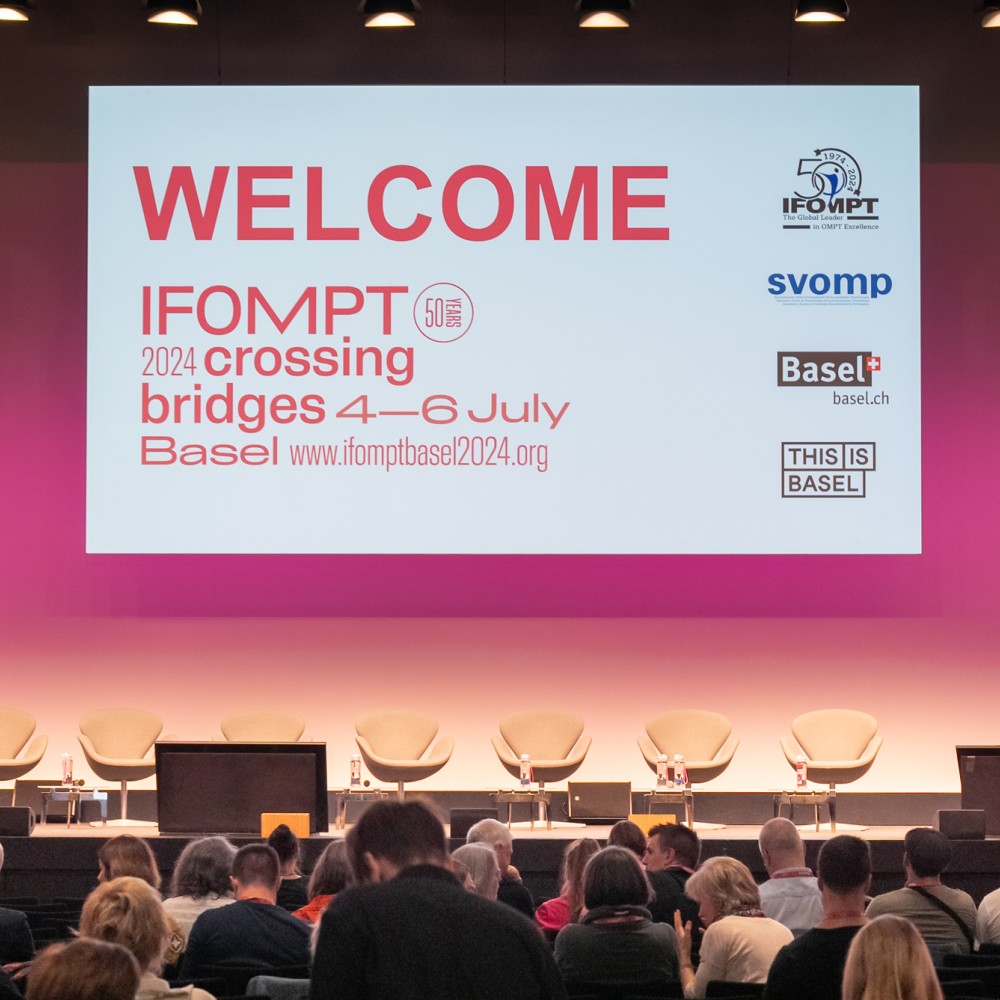Physio games
- 28 June 2016 - 06:43 PM
- Comment(s)

For anyone who has spent months recovering from a shoulder injury, car accident or stroke, physiotherapy can be a slow and painful healing process. It also relies on a lot of repetitive exercises that can bore even the most self-disciplined of patients.
Cosmin Mihaiu, a 26-year-old Romanian who co-founded Mira Rehab, knows this well, having broken his arm falling from a tree aged seven and then struggling through six weeks in a cast followed by six weeks of physiotherapy.
Mihaiu has channelled this memory to create a prototype for software that would “gamify” physiotherapy. Initially a project to compete in the Microsoft Imagine Cup (they would finish sixth worldwide), he and three colleagues pushed on to see if they could develop something that would have a place in hospitals around the world.
“Back then therapists were beginning to use the Nintendo Wii in their therapy, but Wii games are designed for healthy people and for having fun, for play,” says Mihaiu, speaking on the sidelines of a tech festival in Bucharest, the Romanian capital. “There wasn’t a low-cost solution designed for therapy and that’s what we wanted to do.
“There is huge potential. Everyone knows someone who has needed physiotherapy at some point,” he adds.
Working closely with physiotherapists and clinicians, the founders focused on designing computer games that would promote specific body movements – notably shoulder, elbow, knee and hip movements – needed in therapy. Therapists would be able to set instructions and create individual schedules for patients, with the range of movements and difficulty tailored to specific recovery paths.
The company now has 14 games, with another six to be released before the end of the summer, ranging from simple concepts such as picking up digital objects and placing them on a shelf (good for shoulder rotation) to a Space Invader-type game but with birds, a submarine adventure that requires swimming motions, and a game where you bounce across lily leaves as a frog.
The games are simple enough that any age group can do them, while fun enough that patients will forget they are undergoing regimented physiotherapy exercises.
The software works with a standard computer attached to a motion-sensing Microsoft Kinect, which tracks movements. Unless the correct motion is completed the game won’t register it.
“Right now the computer games are quite simple as we want to make sure anyone can understand them, but ultimately we want to add new games and exercises. We have cognitive games in development for mental health,” says Mihaiu.
Mira Rehab’s technology has so far been trialled at 50 hospitals around the world and is being used in 25 hospitals. The basic software package costs £2,500 a unit. In early 2016 the company also launched a new system that allows patients to do the “exer-games” at home, with the data sent to therapists for review and monitoring.
“If we can use technology to get people to exercise more outside of clinic time it is very important,” says Mark McGlinchey, a clinical specialist physiotherapist at Guy’s and St Thomas’ NHS foundation trust in London, who has conducted successful trials with Mira Rehab’s software.
- Courtsey www.theguardian.com




Leave Comments